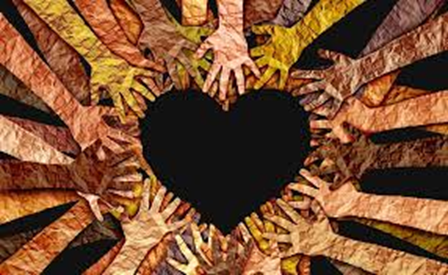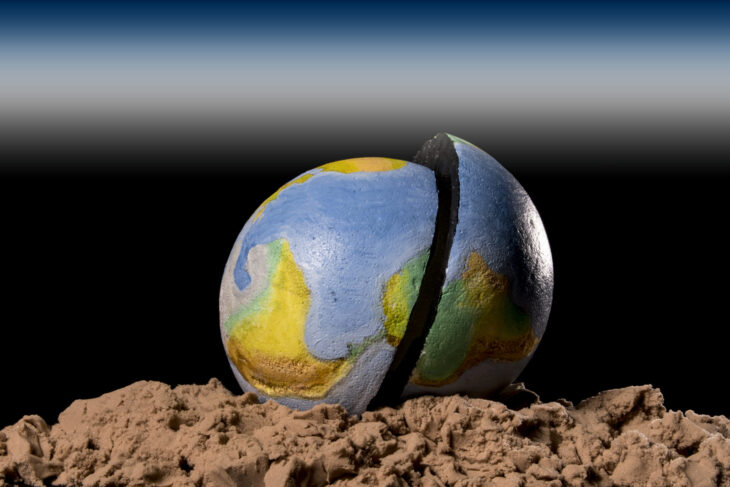
I was 14 in 1961 when my family moved to Istanbul, Turkey, from the United States for a one-year Fulbright appointment that my dad received. He was offered a position to teach at the University of Istanbul on the European side of the Bosphorus. We found an apartment to rent on the Asian side in Kizguncuk overlooking the beautiful deep blue sea. In the distance we could view the Blue Mosque and Aya Sophia in the evenings as the sun set. It was a magical view.
Each day he set out from our home on foot and walked down the hill on narrow paths and cobble stone streets to the ferry in Kadıköy for the ride to Eminönü. From there he walked passing shops with tempting goods through the crowded and narrow confines of the Egyptian bazaar to the campus for his classes. Brass trays, hookahs and tea services stood out against colourful drapes, shoes and ornaments. Vendors stood and sat at their doorways calling passersby to come into their shops.
Waiters narrowly missed the throngs as they travelled to shops with hot tea in tiny glasses sitting balanced on trays. Sometimes my dad would stop and try to bargain for a small trinket, but he was not good at bargaining. He would give the asking price which thrilled the merchants, but defeated the fun of going to the bazaar for me when I went with him on occasion.
My dad was fascinated by people called hamals who carried huge loads on their bent-over backs through the streets like human ‘beasts of burden’. He wrote about the sightlessness of their eyes and the excruciating pain as they groaned when a weight was too much for them to bear. We shared the same grief when we saw them in the street carrying a refrigerator or a load of heavy metal piping. There was nothing that we could do, but our guilt at being more fortunate hounded us. How could this be?
As a professor of American studies my dad had been offering a course in African-American literature at the State University of New York at Buffalo. He was familiar with the texts of Richard Wright, Langston Hughes, Zora Neal Hurston, and James Baldwin among others. Once he received the invitation to teach the same course at the University in Istanbul, he secured additional funding from USAID to send his teaching materials that included books for his students. He included the works of Wright, Hughes, Hurston, and Baldwin.
An immediate sign of trouble arose when he was initially denied permission to send copies of those particular texts. Wright’s writing reflected his communist views at a time when the U.S. was just coming out of the second world war. The others told a still secretive story about race in America. It was a clear sign that in 1960 U.S. Government funding would not support teaching controversial ideas or texts that exposed racism.
I’m not sure how James Baldwin was in touch with my father, but he asked my dad to read a draft of his work, Another Country (1962). The manuscript sat on a table in our living room and was one of the few books that I had access to in English. The lure of the title encouraged me to slip the book into my room and start reading. Part one of the story takes place in New York City and specifically Harlem. Part two takes place in Paris and again in New York. These were places and times so far removed from my hometown, Orchard Park in Western New York, a rural community considered the bedroom community for Buffalo, that I entered the world portrayed by Baldwin with fascination and intrigue. Although I certainly knew about racism because it was part of my consciousness growing up, I did not know about the hardships, the conflict with police, poverty or music. I fell in love with the idea of jazz and the colourful descriptions that included an introduction to sexuality and interracial relationships.
Baldwin’s text was quickly removed from my reading list by my mother who found the book inappropriate for a 14-year-old girl, but I had already had a taste of living in another world by being in Istanbul. That door was already open. The book propelled my curiosity and expanded on the concept forming in my mind that not everyone lived as I had for the first 14 years of my life. As soon as I returned to the United States, I procured a published copy of the book and read it in private while I was away from home at a summer camp.
My introduction to the world during that year included travelling through Europe, Yugoslavia, and Greece. It developed as I studied art and language at school. But perhaps the most powerful expansion of my vision came from reading Baldwin’s book. I was filled with his visions of people and their environments that was so unique to me.
Already my widening horizon sparked a need in me to know more about the world and it has led to more trips as an adult to places that I began to dream about. Africa, the Middle East, Europe, China, Russia, the Caribbean, and the southern hemisphere of the Americas have all been travel adventures.
What I know now is that being exposed at an early age to other worlds was transformative and encouraged me to create opportunities to continue to search for answers about how others live. If we hope for a world that promotes unity and justice it is essential that texts and experiences for children and youth open the pathway to knowledge of others and their worlds.
The recent effort of the U.S. Federal administration has moved in a very dangerous direction. By cutting off exposure to the idea of ‘another’ world through the banning of all diversity, equity and inclusion materials and programmes, people can become introverted, a condition that encourages greed and selfishness. A world based on these qualities will never lead to world peace.
I became a member of the Bahá’i faith in the mid-1980s. Exposure to all of the other countries and life experiences combined with the writings of Bahá’u’lláh emphasized and confirmed what I had learned from my travels. We are one world. We are connected even as we live in very different environments: political, social, religious and geographic. Seeing the importance of those who live in ‘another country’ and other worlds is essential to our human survival.



